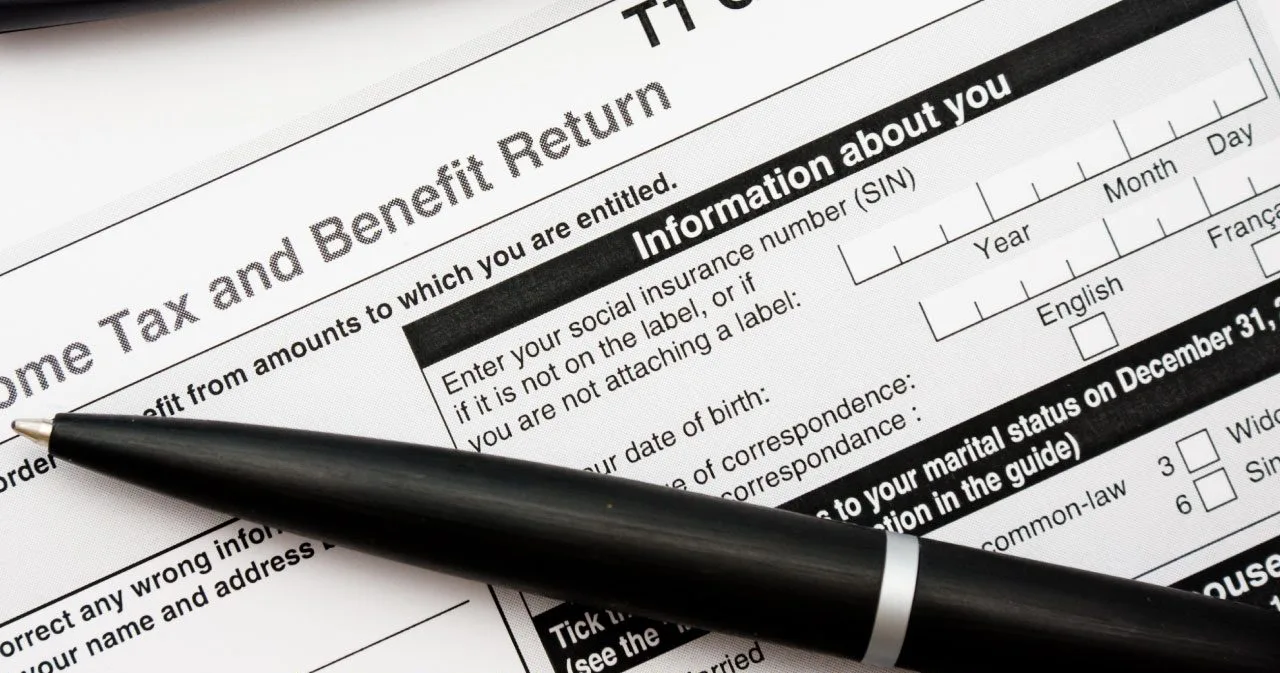Corporate tax returns are a critical aspect of every business’s financial responsibilities. This blog post aims to provide a comprehensive understanding the basics of corporate tax returns, outlining their importance, key components, and steps to ensure accurate filings.
Importance and Basics of Corporate Tax Returns:
Corporate tax returns play a vital role in a company’s financial landscape. They serve as the basis for calculating the company’s tax liability to the government. Accurate and timely filings ensure compliance with tax laws, avoiding penalties and legal consequences.
Key Components of Corporate Tax Returns:
- Income Reporting: Corporations need to report all sources of income, including sales, interest, dividends, and capital gains.
- Deductions: Businesses can deduct various expenses like operating costs, employee wages, and depreciation, reducing the taxable income.
- Credits: Tax credits can lower the final tax bill significantly. These credits might be for research and development, renewable energy investments, or hiring specific demographics.
- Balance Sheet: Corporations must provide an overview of their assets, liabilities, and equity, offering a snapshot of their financial health.
- Tax Calculation: Based on the reported income, deductions, and credits, the corporation calculates its taxable income and determines the tax liability.
Steps to Accurate Filings:
- Organized Record Keeping: Maintain meticulous records of financial transactions, expenses, and receipts to support your tax return figures.
- Choose the Right Form: Corporations use different tax forms based on their structure. Common forms include Form 1120 (C Corporation) and Form 1120S (S Corporation).
- Seek Professional Help: Engage with a certified accountant or tax professional who understands the complexities of corporate taxes.
- Be Aware of Deadlines: Corporate tax return deadlines vary based on the fiscal year. Extensions are available, but prompt filing avoids penalties.
- Review and Double-Check: Before submission, review all calculations, deductions, and supporting documents to ensure accuracy.

Corporate tax returns are an integral part of a company’s financial obligations, ensuring compliance with tax laws and accurate reporting of financial information. By understanding the importance, key components, and steps for accurate filings, businesses can navigate the world of corporate taxation with confidence.
Corporate tax returns are a vital part of running a business, and understanding the basics is essential for financial compliance and successful financial management. This blog post will provide an overview of the key concepts and components of corporate tax returns, helping you grasp the fundamental principles involved in this important process.
1. Business Structure Determines the Tax Form
The first step in understanding corporate tax returns is knowing that the form you use depends on your business structure. The most common business structures include:
- C-Corporations: These are separate legal entities from their owners. C-corporations use Form 1120 for federal tax returns.
- S-Corporations: These entities pass income and losses through to their shareholders. S-corporations use Form 1120-S.
- Limited Liability Companies (LLCs): Depending on the number of members and elections made, LLCs can be taxed as sole proprietorships, partnerships, or corporations. They may use Form 1040, Schedule C, or Form 1065, among others.
- Partnerships: Partnerships pass income and losses through to their partners. Partnerships use Form 1065.
- Sole Proprietorships: Sole proprietors report business income and expenses on Schedule C of their individual tax returns (Form 1040).
2. Key Components of a Corporate Tax Return
Corporate tax returns are composed of various schedules and forms. The most essential components include:
- Income Statement: This section reports all sources of income, including revenue from sales, investments, and other business activities. It also includes deductions for cost of goods sold (COGS) and other expenses.
- Balance Sheet: The balance sheet lists the company’s assets, liabilities, and equity at the end of the tax year.
- Schedules for Specific Deductions: Depending on your business, you may need to complete various schedules for deductions such as depreciation, research and development credits, and foreign tax credits.
- Tax Credits: Some businesses are eligible for various tax credits, such as the Work Opportunity Tax Credit or the Investment Tax Credit.

3. Filing Deadlines
Corporate tax returns must be filed by specific deadlines:
- For C-corporations, the deadline is generally the 15th day of the fourth month after the end of the fiscal year (April 15 for calendar year corporations).
- S-corporations must file by the 15th day of the third month after the end of the fiscal year (March 15 for calendar year corporations).
4. Estimated Taxes
Corporations and other business entities may need to make estimated tax payments throughout the year to avoid penalties and interest. Estimated tax payments are typically made quarterly and should be based on the company’s expected annual tax liability.
5. Tax Planning
Effective tax planning can help reduce your corporate tax liability legally. Strategies may include maximizing deductions, taking advantage of tax credits, and optimizing your business structure.
6. Penalties and Consequences
Filing corporate tax returns late or inaccurately can result in penalties and interest. It’s crucial to comply with tax laws and file returns on time to avoid financial consequences and legal issues.
Also read: Tax Credits Unveiled: Leveraging Incentives in Corporate Tax Returns
Conclusion
Understanding the basics of corporate tax returns is vital for all business owners. While this blog provides an overview, the details can vary significantly based on your specific circumstances and tax laws. To ensure compliance and optimize your tax situation, it’s advisable to work with a qualified tax professional or accountant who can provide tailored guidance and support throughout the tax return process. Properly managed corporate taxes contribute to the financial health and sustainability of your business.











